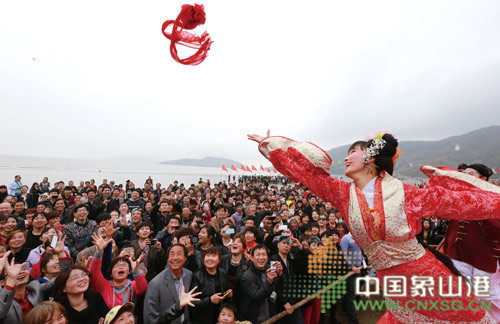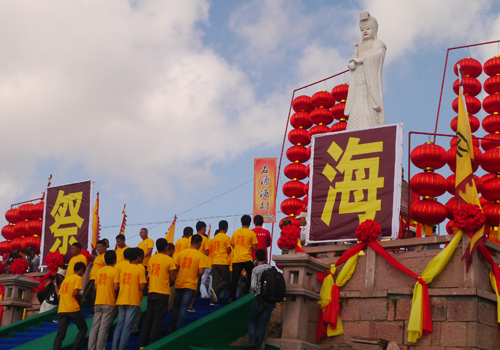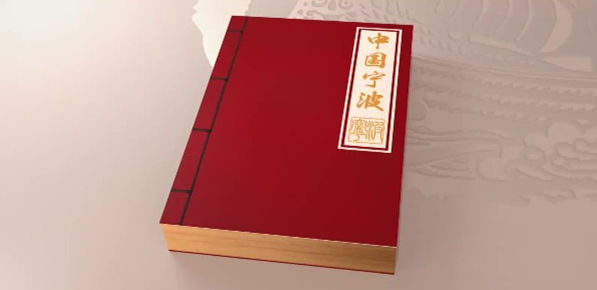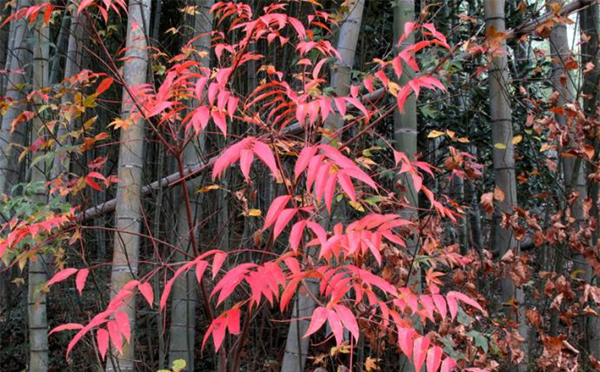Customs in Ningbo
Long business history
In the past, many of Ningbo's people were likely to engage in business, and even young men would leave home to be an apprentice, and to learn the ups and downs of business when they were 15 or 16 years old.
Many of its streets or alleys were named after trades, or shops, such as 'timber street', 'herbal medicine street', 'calligraphy pen alley', 'drum alley', 'hat shop alley', or 'ship's anchor alley'. Not only that, but locals would even greet each other by saying "Where do you make your living?"
Then, in the modern age, after the reforms and opening-up of the late 1970s, the traditional business ways gave way to more modern ideas, and pushed industry, international trade, and even private enterprises.
Beach hike in March

The March beach hike is a sort of folk custom in the town of Shipu, in Xiangshan county, near Ningbo, Zhejiang province, on March 3 of the lunar calendar, which in its original form involved picking up mollusks that came up on the beach to reproduce.
And, although over time there were fewer shells to get from the beaches, elderly people stuck to the tradition and took along the younger generation to look for shells until it evolved into a cultural event and was combined with folk arts performances, sports, fishing competitions, or dances and acrobat performances.
These attracted an even greater number of people from around the county or outside. There is also a dragon lantern performance and colorful parade, and the popular Yue opera performance, whose stories are adopted from folk tales in the region. One amusing activity is a dating ritual, where a silk ball is tossed into audience crowd of people as a way to invite someone for a date.
Mazu Fair

One tradition on Dongmen Island, off the town of Shipu, near the city of Ningbo, is a fair that honors Mazu, the Chinese sea goddess, to allow the local people to pay homage to Mazu, the source of much of their food. This local tradition involves various activities, such as a Mazu ceremony, Mazu temple fair, folk performances, and a Mazu statue parade.



 Print
Print Mail
Mail
